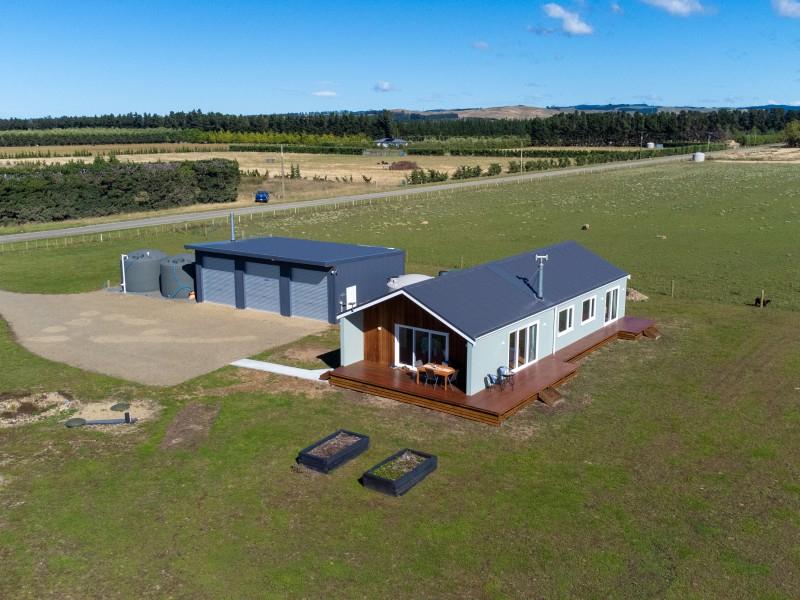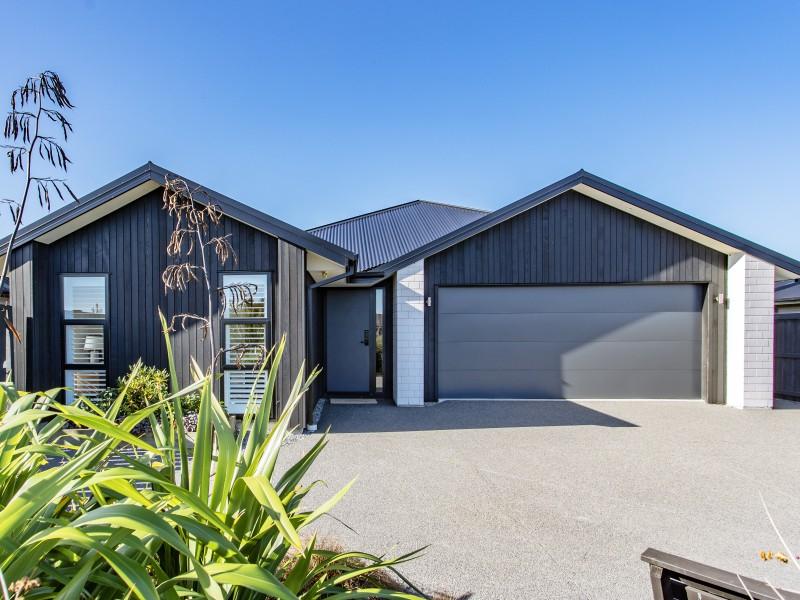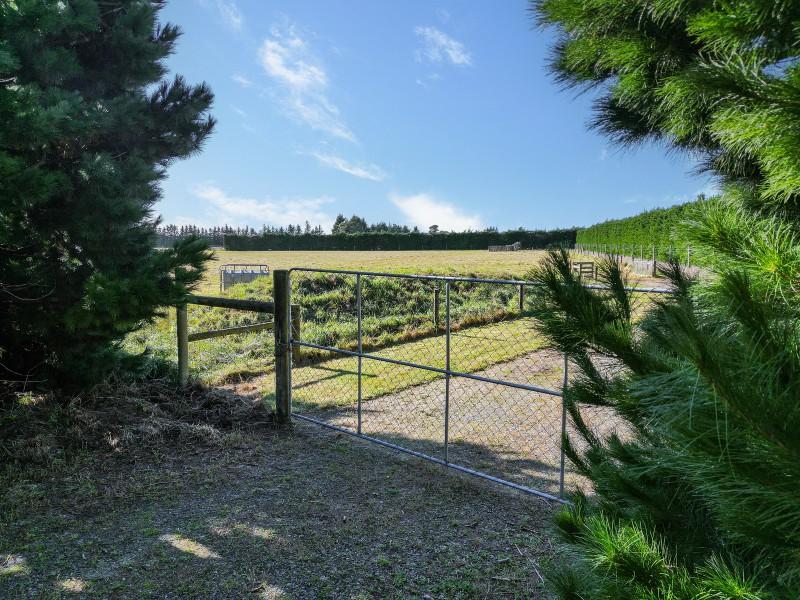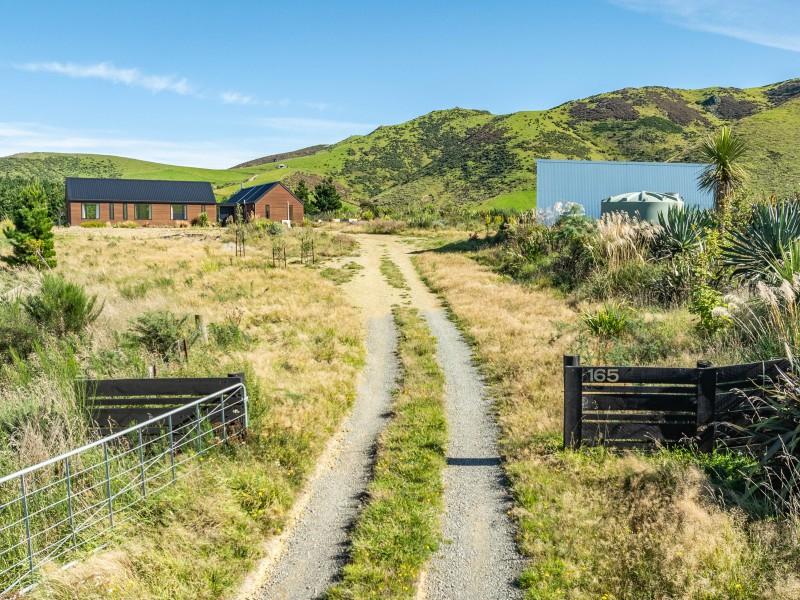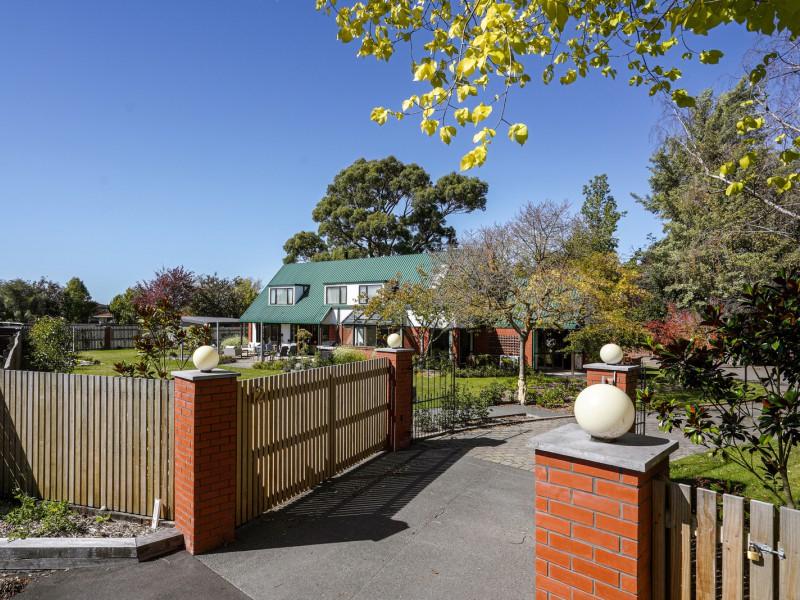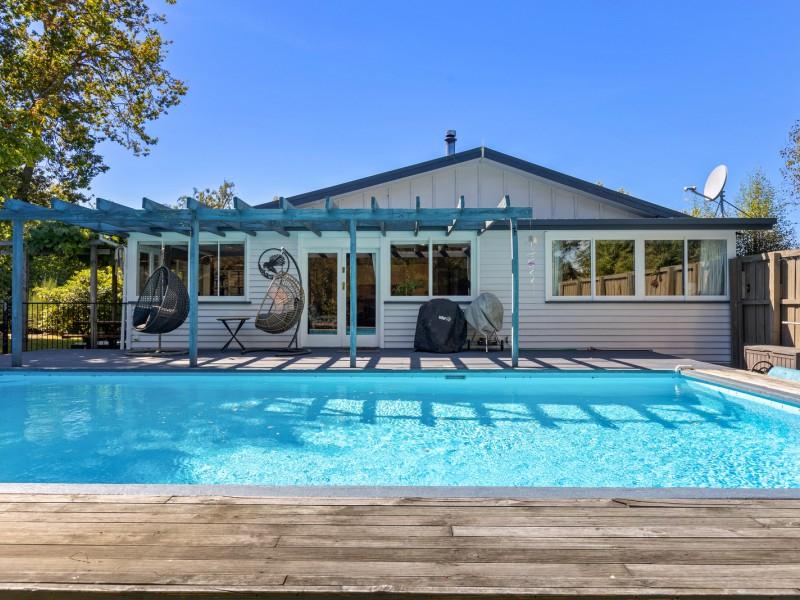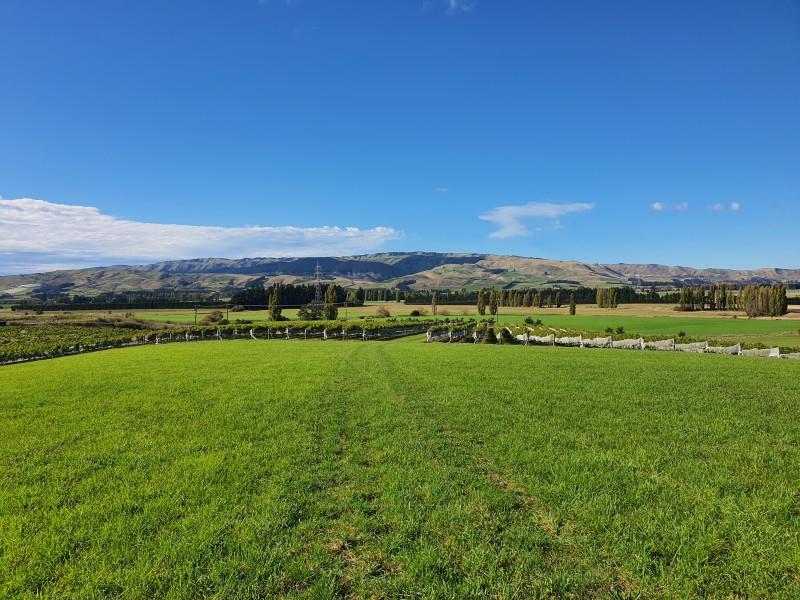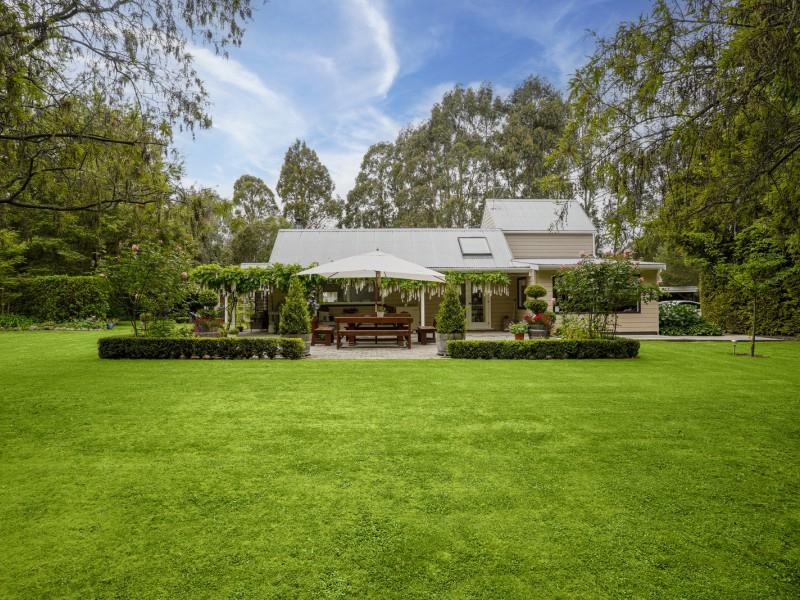Amalgamation and funding gaps concern North Canterbury mayors
By David Hill, Local Democracy Reporter
Amalgamation and funding loom large as North Canterbury’s three councils consider local government reform proposals.
An independent panel, chaired by former Waimakariri District Council chief executive Jim Palmer, has come up with 29 draft recommendations and a number of questions .
Among the proposals are scenarios for the future structure of local government, including moving to a unitary authority model, with local community boards to ensure some local representation.
A population of no less than 70,000 would be necessary to be sustainable, the report says, meaning under this scenario the Waimakariri District Council could survive, but Hurunui and Kaikōura would not.
Other scenarios included local councils and mayors continuing to operate under either a regional council and mayor, or a combined authority with an elected mayor and representatives from the local councils.
Kaikōura mayor Craig Mackle said the scenario had an all too familiar ring to it.
‘‘I can’t help but see a very similar situation to after the [2016] earthquake when they said that we were history.
‘‘But we proved them wrong and now we are in a better position than we have ever been.
‘‘We have done it with a lot of work and a lot less money than the officials said we needed to spend.’’
Hurunui mayor Marie Black said it ‘‘would be a very sad day’’ if local representation was lost.
‘‘Having a sense of belonging and a place of belonging is important to people, but when you marginalise people because they don’t have the numbers, they can lose that.’’
The panel was set up 18 months ago by Local Government Minister Nanaia Mahuta.
Suggested changes include allowing 16-year-olds to vote, Mana Whenua appointees potentially sitting alongside elected Māori ward councillors, moving all councils to the Single Transferable Vote system, four-year terms and more money for councillors.
The report also addresses ‘‘unfunded mandates’’, where central government passes on responsibilities to local government such as liquor licensing and building regulations without the necessary funding.
Black said there were no surprises in the report’s core principles, but ‘‘the devil will be in the detail’’.
‘‘I support local government as the best place to serve local communities, but when there is no funding to train staff or implement new regulations, it places the burden on ratepayers.
‘‘If we can pressure government to provide the funding, then we can strengthen local democracy.’’
She supports Mana Whenua representation, but it ‘‘needs to be authentic’’ to the local community.
Waimakariri mayor Dan Gordon said several recommendations were ‘‘worthy of further investigation’’.
‘‘It would have been nice to see more of a focus on why the recommendations are important and how they will enhance local decision making.’’
Waimakariri District Council acting chief executive Jeff Millward said he welcomed the attention given to ‘‘unfunded mandates’’ and Mana Whenua representation.
The council considered the question of a Māori ward in last year’s representation review, but found no appetite for change.
‘‘We think we have a good relationship with Ngāi Tūāhuriri and it seems to work well,’’ Millward said.
Palmer said local government would be strengthened by being able to take a te ao Māori approach to local issues.
But decisions around the number of appointees should be left up to councils, rather than legislation.
‘‘We think it’s a more nuanced conversation than just ‘one person, one vote’.’’
Submissions on the draft report close on February 28, with the final report due to be delivered to the minister by June next year.
■ Public Interest Journalism funded through NZ On Air.
Poll: Are domestic flights with Air NZ out of your budget?
A Tauranga man has filed a complaint with the Commerce Commission, claiming that due to dynamic pricing, it’s cheaper for him to fly to Los Angeles than to book a flight for his daughter from Tauranga to Wellington.
Do you think their pricing needs addressed to encourage more people to fly?

-
95.6% Yes, it's too expensive
-
3.6% No, it's reasonable
-
0.7% Other - I'll share below
What does ANZAC day mean to you?
ANZAC Day is a time to reflect, remember, and honour those who served.
It’s also a powerful reminder of the impact of war and the courage of those who stood for something greater than themselves.
We're interested to hear what ANZAC Day means to you and your whānau, and about any special traditions you follow each year.
Perhaps you have a loved one who served? If you feel comfortable, we’d love for you to share their story here with us.

Show us your projects
Whether it's craft, haberdashery, woodwork or upcycling, we'd love to see what you've been working on lately.
You may even spark someone else's creativity...
Tell us about your current project or show us a picture in the comments below...


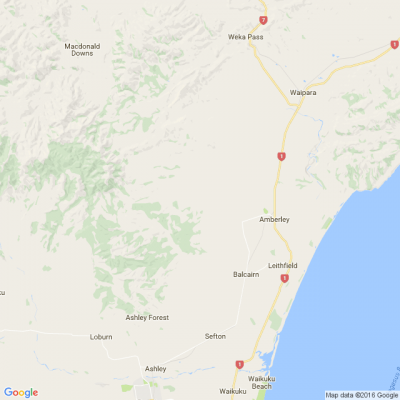
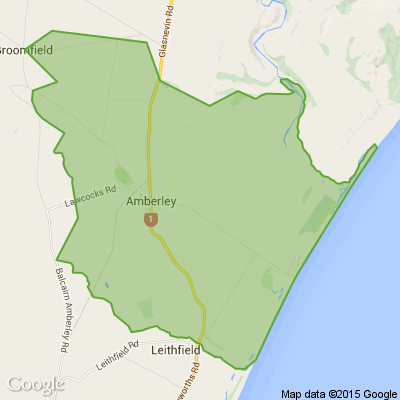





 Loading…
Loading…